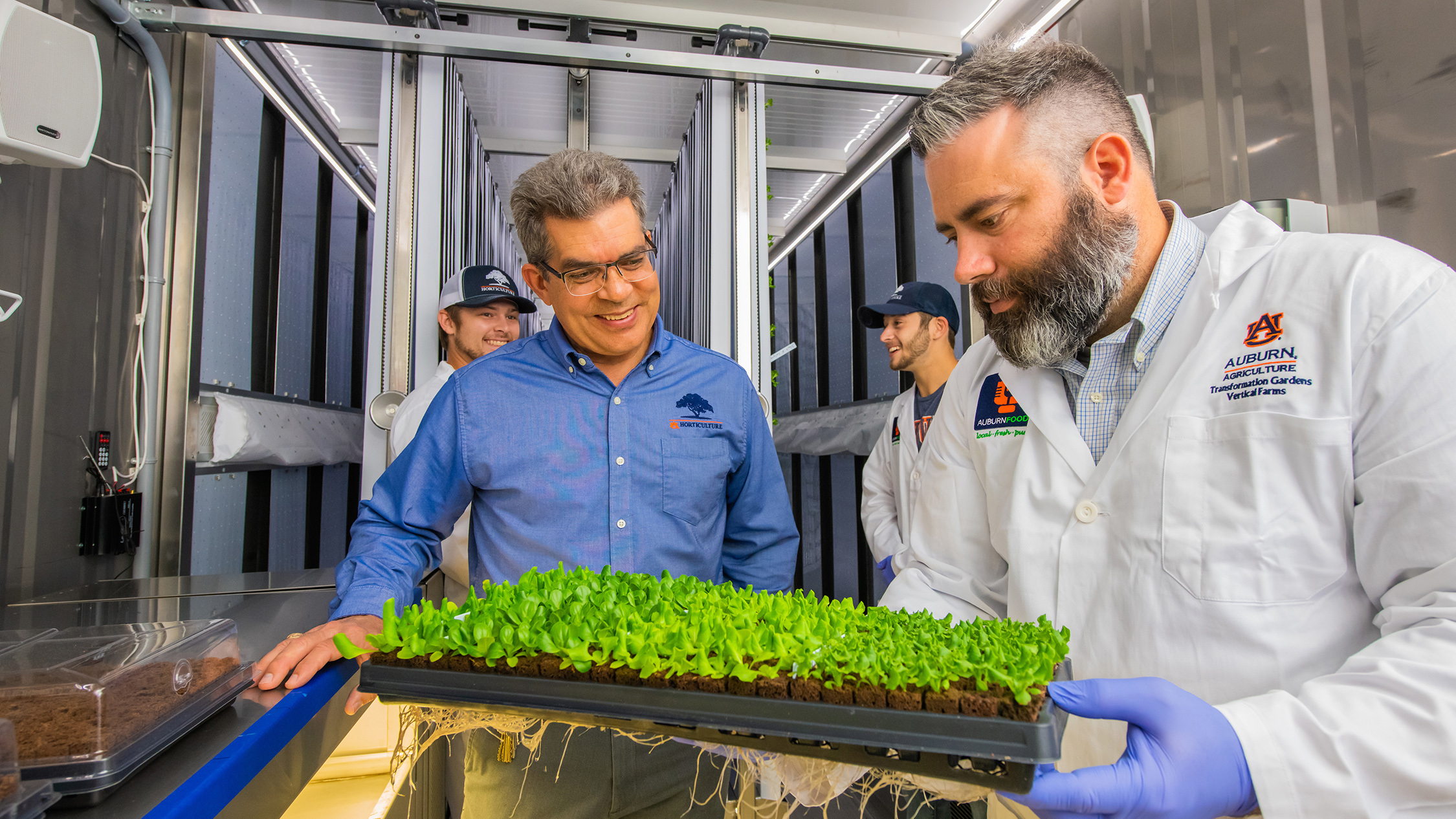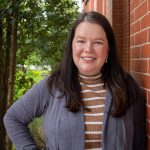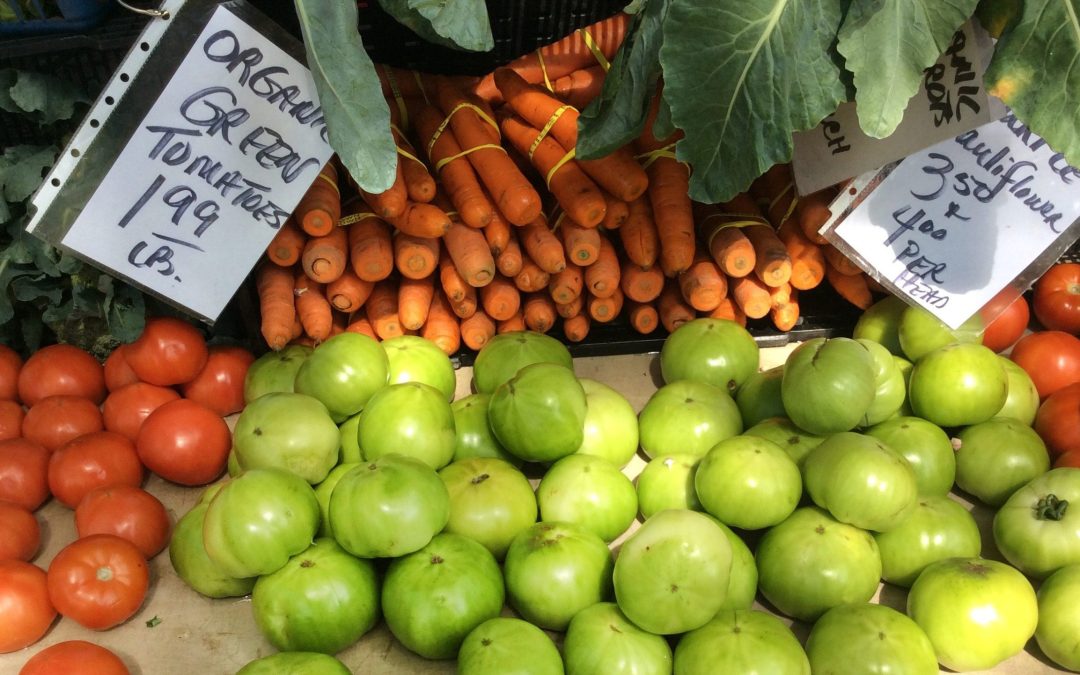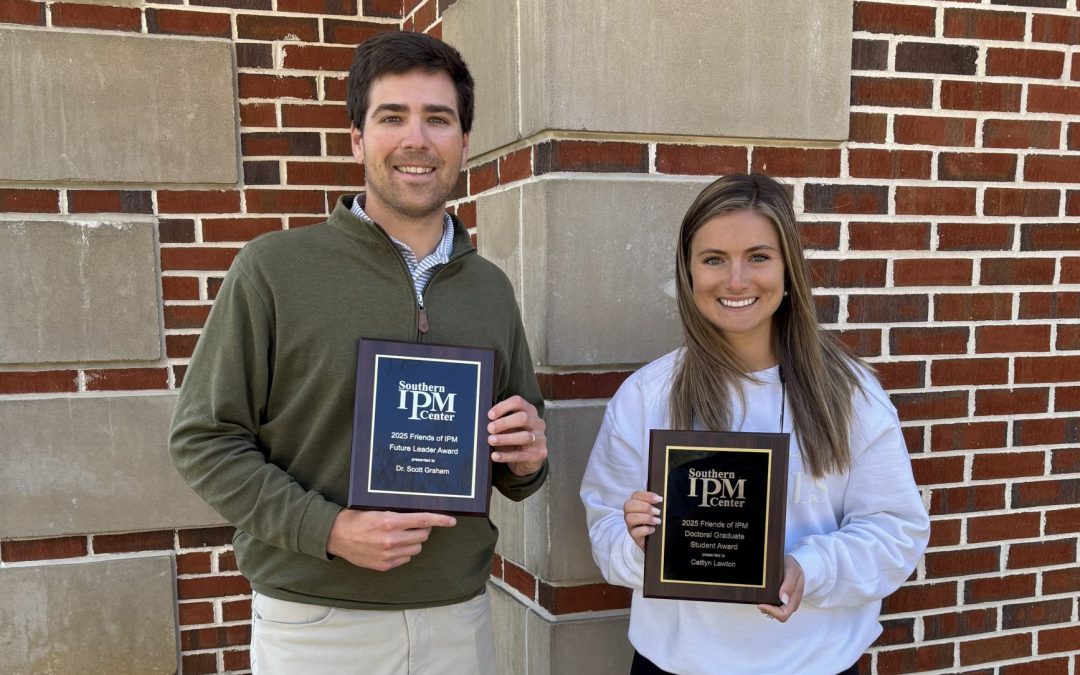Students in the College of Agriculture at Auburn University who are interested in learning more about the innovative work happening in the college’s new vertical farms at the Transformation Garden can do so at the Our Work Seminar this month.
Six times a year, the College of Agriculture’s Office of Student Services hosts the Our Work Seminars, which give students an inside look at the industry through the eyes and expertise of the pros, according to Megan Ross, student development and programs coordinator.
“We are excited to be able to provide a visual glimpse of what you can do with your degree and learn from some of the industry’s top people on what it takes to succeed,” Ross said.
Each Our Work Seminar includes a roughly 30-minute video followed by a Q&A session with the experts on the seminar’s topic. The videos are also made available on Facebook and YouTube for those who cannot attend in person.
The next Our Work Seminar will be held at 12 p.m. on Friday, Sept. 17, in 246 Funchess Hall. Lunch will be provided, and a Q&A session will follow the video with Horticulture Department Head Desmond Layne, Associate Professor Daniel Wells and Director of Campus Dining Glenn Loughridge.
Auburn’s vertical farms are converted shipping containers outfitted with cutting-edge technology that allows for produce to grow indoors in year-round ideal growing conditions.
Come see how students are using science and innovation to sustainably feed a university population.
Registration is encouraged but not required.





